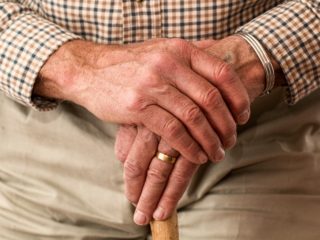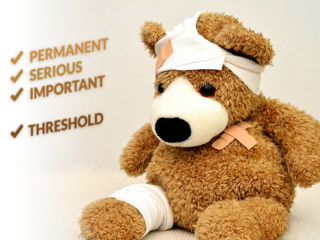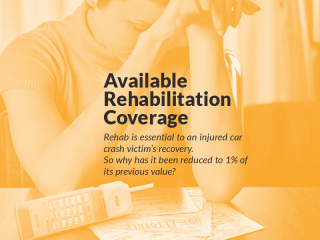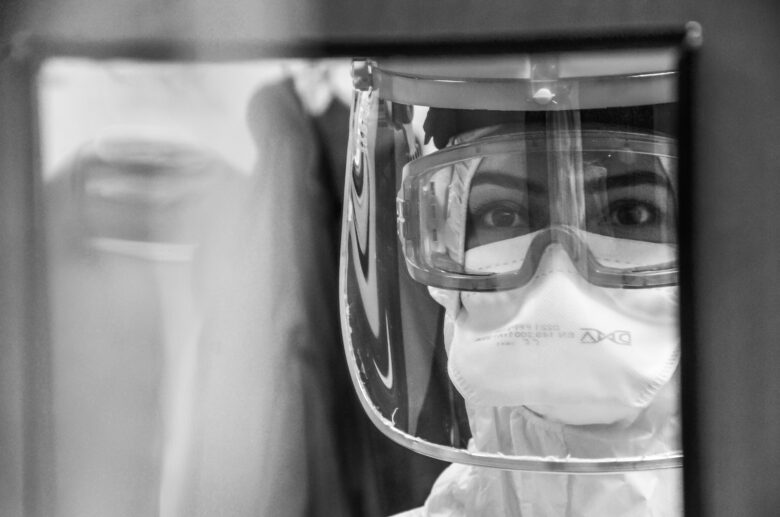During the course of the pandemic, companies across the country started manufacturing PPE and other products such as ventilators and hand sanitizer, that they would not normally be making to meet the demand for such products and reduce shortages. Of course, this also had benefit to those companies, especially if the sales of their typical products had been negatively affected by COVID-19. Designers started producing face masks, distilleries started manufacturing hand sanitizer, and most notably, car companies began producing ventilators. This altered production became so commonplace that it earned the moniker the “pandemic pivot”.
For most of these products, proper manufacturing is essential to their safety. Despite this, many governing bodies reduced or sped up qualification processes to allow these products to hit the market faster. As an example, Health Canada sped up the licencing and authorization process for applications to produce PPE. Companies were granted licences to produce the products faster than they were pre-pandemic.
This does not necessarily mean that the products were allowed to be of lesser quality. In most cases, it was just the amount of administrative “red tape” that was reduced, not the actual standards that the products had to meet. However, this didn’t detract from the fact that companies that were inexperienced in producing medical products were producing them in masses. If such products led to personal injury on the part of the consumer, can that consumer sue the manufacturer?
The first issue, as it almost always is when someone contracts COVID-19, is establishing how you contracted the virus. Establishing causation, which in this case means establishing that you contracted COVID-19 because of some design or manufacturing flaw of the product, is difficult. If the product was designed and manufactured correctly, would the plaintiff have avoided contracting COVID-19? Given the high transmissibility of COVID-19, it may be difficult for the Plaintiff to establish, on a balance of probabilities, that the answer to this question is “yes”.
Before causation can even be addressed, however, it must be established that there is a defect or flaw of some sort, and that that defect or flaw breaches the “standard of care”. The standard of care is not one of perfection, it is one of reasonableness. Reasonableness can depend on the situation. Given the COVID-19 situation, the courts may decide that it is reasonable for a company to manufacture products with slightly less care, in the name of expediency, than they would pre-pandemic. This could mean that a mask manufacturer pre-pandemic would be held to a higher standard of care than a mask manufacturer during the pandemic, especially if that manufacturer started making masks to prevent a shortage. The courts may find that a mask that is less than perfect is better than no mask at all and will not want to discourage such production in emergency situations.
Although this issue within the COVID-19 pandemic has not yet been addressed by Ontario courts, it is not unprecedented for the courts to relax the standard of care during an emergency. During the H1N1 (swine flu) pandemic, a vaccine was not put through a complete set of clinical trials. A recipient of the vaccine died, and litigation was commenced. The court, upon hearing the matter, held that, in the circumstances of a pandemic, the standard of care was met. The vaccine was distributed before the full course of clinical testing had been completed, but “that was done for valid public health concerns and with government approval, not by virtue of carelessness”.[1] In all likelihood, the courts will hold similarly in the context of this pandemic. If a company has not breached the standard of care, a personal injury claim will not be successful.













